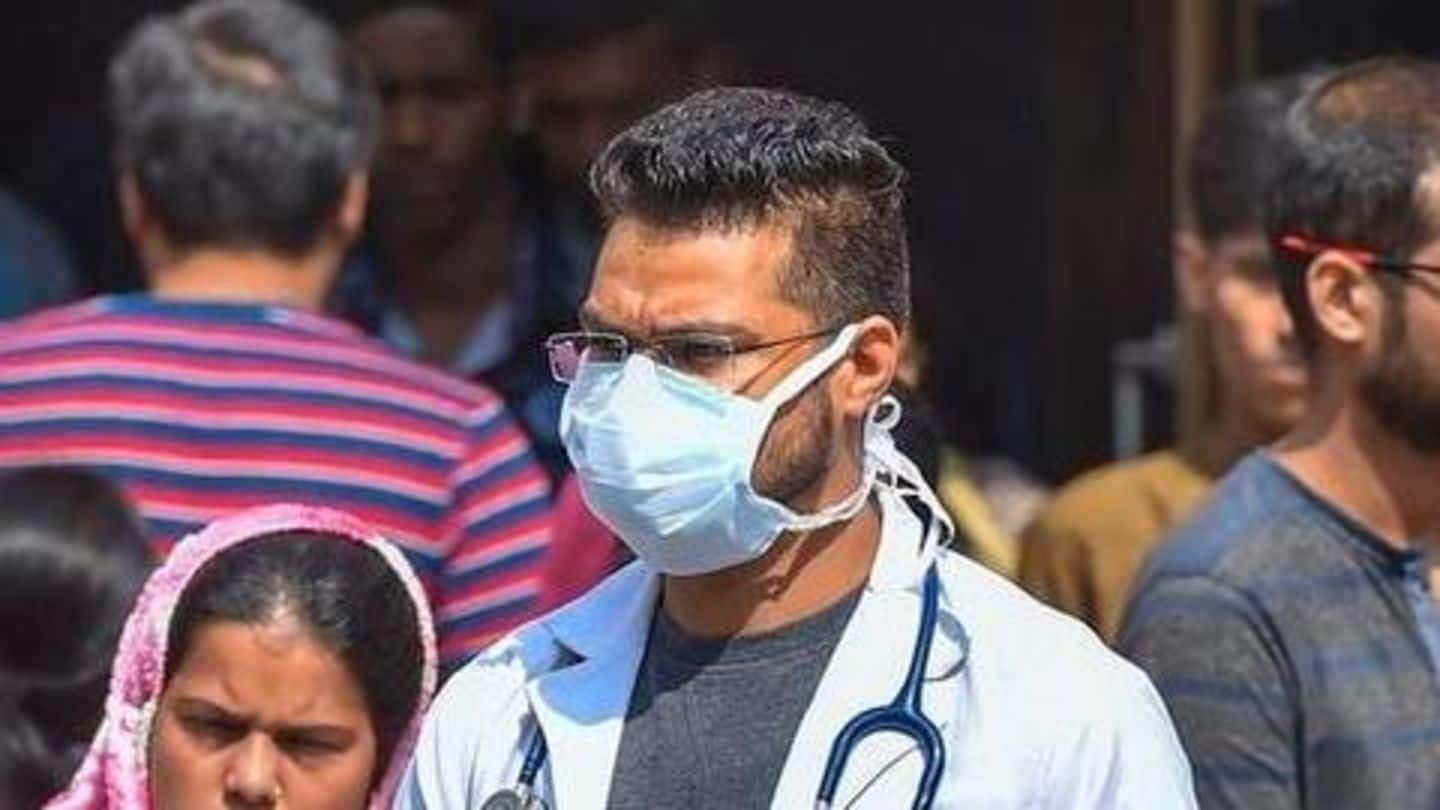
Coronavirus outbreak: Here are some do's and don'ts to follow
What's the story
The novel coronavirus scare has amplified over the past few days as India detected two new cases: one in Delhi and another in Hyderabad. An Italian couple in Jaipur also tested positive for the virus. While efforts are on to screen the people who came into physical contact with those infected, here are some do's and don'ts you can follow to keep yourself safe.
Coronavirus
First, let's understand what's the novel coronavirus
The term "coronavirus" refers to a family of viruses that cause illnesses ranging from common cold to Severe Acute Respiratory Syndrome. The current outbreak involves a new strain of coronavirus—called SARS-CoV-2. The virus impacts a host's respiratory system, triggering flu-like symptoms such as cough, breathing difficulty; even causing pneumonia or death in severe cases. The disease caused by the virus has been named COVID-19.
Transmission
How does the disease spread?
The disease can spread through close physical contact with those infected. It can be transmitted through respiratory droplets produced when an infected person coughs or sneezes. Separately, if a person touches a surface where respiratory droplets from an infected person have landed, and then touch their eyes, nose, or mouth, they may contract the virus. However, the virus is not known to be airborne.
Do’s
What should you do to protect yourself?
India's Health Ministry has advised washing your hands with soap frequently. Importantly, hand sanitizers are not a substitute for soap and must be used only if soap is not available. The Ministry advises against touching your eyes, nose, or mouth, and also urges people to maintain social distancing. It has also been advised to cough/sneeze into a tissue, or your elbow (not your palms).
Information
Approach doctors if you develop symptoms
If you have a fever, cough, and difficulty in breathing, seek medical care at the earliest, the Ministry said, urging people to follow the medical advice of their healthcare provider. Notably, the two cases detected in Delhi and Hyderabad were self-reported.
Wearing masks
Can face masks shield you from the virus?
Although wearing face masks may feel reassuring, it is important to note that they are not effective modes of protection, since more often than not, people do not use masks properly. N95 respiratory masks, which block out much smaller particles, are advisable provided that they are tightly fitted around the nose and mouth. One must also maintain good hygiene while wearing/disposing off a mask.
Information
Here are some precautions to follow with face masks
While wearing masks, ensure that your hands are clean and the mask wraps around your nose and mouth tightly. Replace the mask when it gets damp and dispose it in a closed bin. Only touch the strap of the mask—not the front—while removing it.
Don’ts
What are the don'ts you should follow?
The Health Ministry has advised people against spitting in public. The Ministry also warns people against coming in contact with live animals. People should also not travel to farms, live animal markets, or slaughterhouses. Consumption of raw or undercooked meat is also not advisable. The Ministry urges people experiencing fever, cough, or other flu-like symptoms, to not have close contact with others around them.